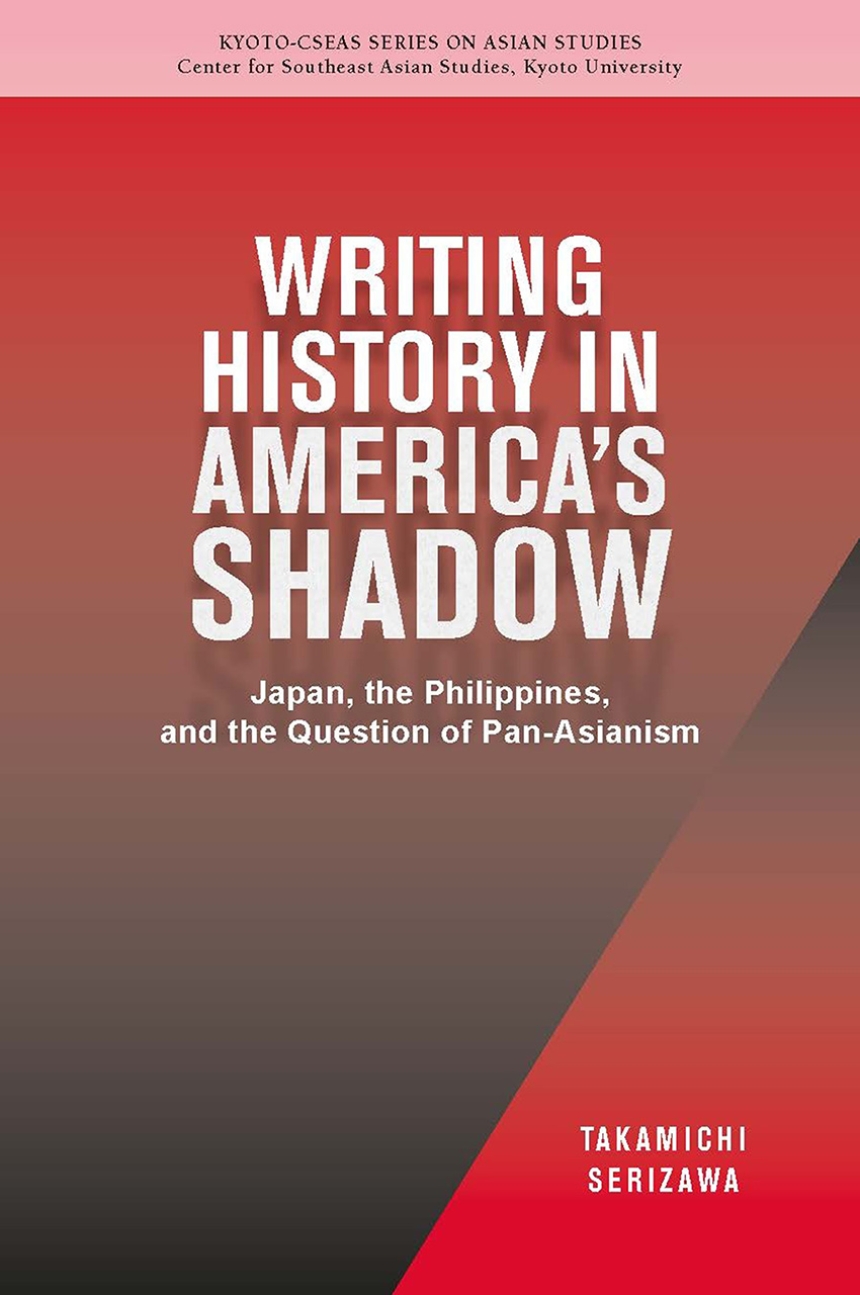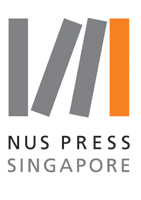National University of Singapore Press
Writing History in America’s Shadow
Japan, the Philippines, and the Question of Pan-Asianism
9789813251069
Distributed for National University of Singapore Press
Writing History in America’s Shadow
Japan, the Philippines, and the Question of Pan-Asianism
Both the Japanese and Filipino people experienced a rewriting of their national histories upon being defeated by the United States: the Philippines after 1902 and Japan after 1945. The new histories served to justify and explain US rule and its ideology of modernization and democracy. They also portrayed the immediate past as the dark ages, especially the Philippines’ Spanish colonial period and Japan’s wartime totalitarianism and militarism.
Writing History in America’s Shadow sheds light on areas of darkness in both Japanese and Philippine historiographies and understanding of their region. It considers the questions: What kind of dilemmas and contradictions did Filipino and Japanese historians embrace by accepting the US rewriting of their national stories? And did Filipino and Japanese historians interact at all, under the US hegemony? Through an examination of the commonalities, differences and interactions of Japanese and Filipino histories, ideas of history, modernization theory, and area studies, Takamichi Serizawa makes an important contribution to sorting through the tangled histories of Asia in the complicated matrix of colonial, wartime, and Cold War contexts.
Writing History in America’s Shadow sheds light on areas of darkness in both Japanese and Philippine historiographies and understanding of their region. It considers the questions: What kind of dilemmas and contradictions did Filipino and Japanese historians embrace by accepting the US rewriting of their national stories? And did Filipino and Japanese historians interact at all, under the US hegemony? Through an examination of the commonalities, differences and interactions of Japanese and Filipino histories, ideas of history, modernization theory, and area studies, Takamichi Serizawa makes an important contribution to sorting through the tangled histories of Asia in the complicated matrix of colonial, wartime, and Cold War contexts.
216 pages | 1 halftone, 2 tables | 6 x 9 | © 2020
Kyoto CSEAS Series on Asian Studies
Asian Studies: General Asian Studies
History: Asian History

